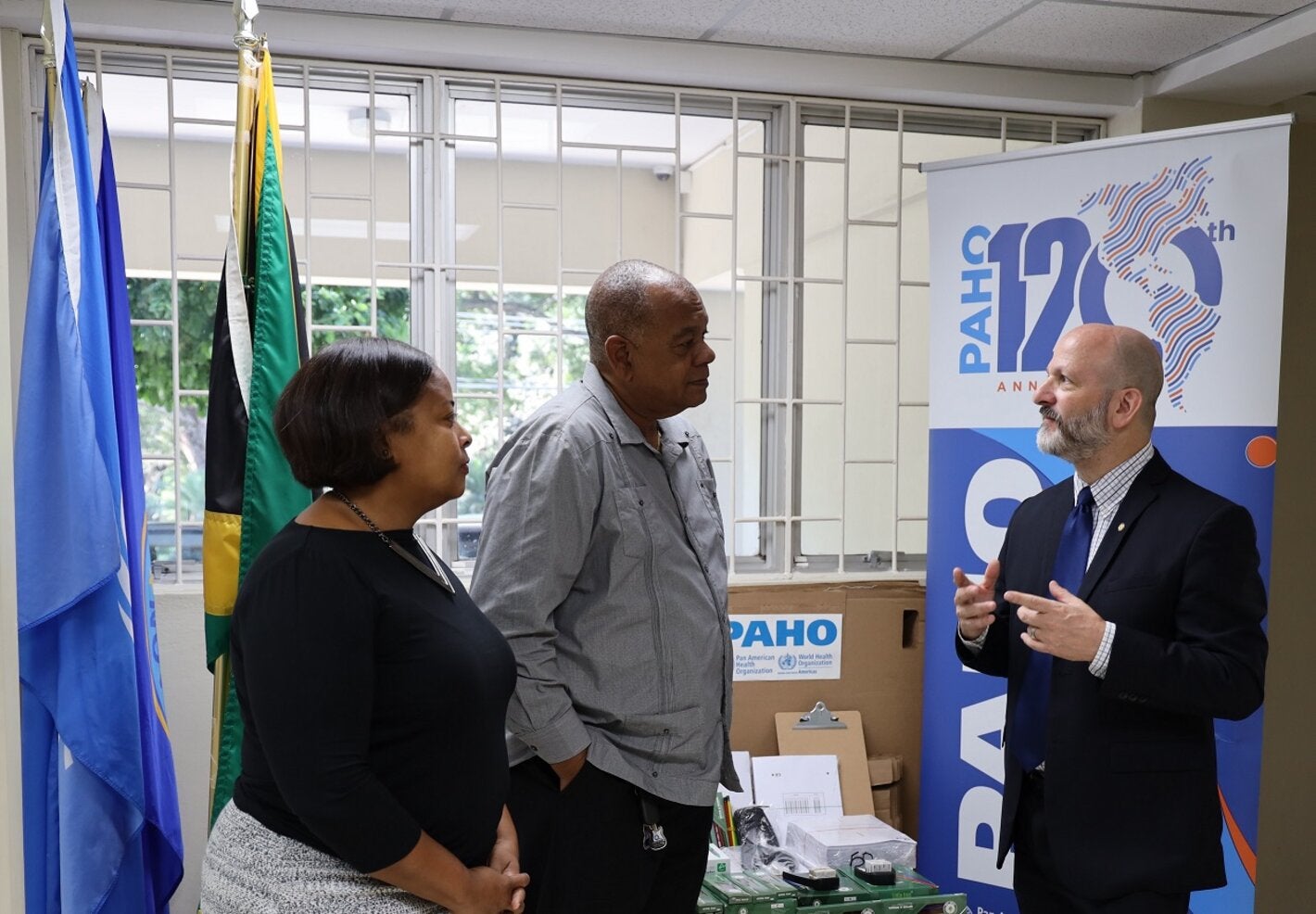
Jamaican adolescents in St. Catherine are set to participate in the World Health Organization’s global health project, 'Empowering Adolescents to Lead Change using Health Data'. Three other locations were selected worldwide in Ghana, India, and Morocco.
The project presents a rare opportunity for adolescents to have their say in global health priorities. It aims to generate health information that looks at critical health behavior trends and protective factors established during youth that result in significant sources of mortality, illness, and injury through school surveys. These results will guide the development of a package of interventions for policy and programme planning.
“We know that non communicable diseases are a major source of mortality worldwide and that habits formed during adolescence impact a person’s health throughout their lifetime. We, therefore, welcome this global longitudinal study as a new strategy to empower adolescents and provide critical data to inform global health priorities,” said Ian Stein, Pan American Health Organization (PAHO)/World Health Organization (WHO) Representative in Jamaica. The intervention will engage adolescents and school personnel in understanding and using their data for policy change through workshops and subsequent implementation of regular programmes. This unique project uses validated tools, previously utilized in Jamaica, to evaluate the intervention, and it involves adolescents who are still rarely involved in developing solutions for improvement of the local situation influencing their health.
“We are grateful to the WHO/PAHO for partnering with Jamaica to implement this robust project in 23 St. Catherine High Schools. The two previous Global School-Based Health Surveys (2010 & 2017) have been extensively used to formulate national adolescent health programmes in the areas of nutrition, drug prevention, mental health, and violence prevention, among others. This study presents a unique opportunity for us to embrace the inclusion of adolescents in the development and implementation of health interventions that will affect them.” said Mr. Michael Tucker, Executive Director at the National Council on Drug Abuse in Jamaica.
The impact of the interventions associated with the project will be evaluated after two years. The results will then be used to develop standard materials for the intervention approach for replication in other parts of the world.



